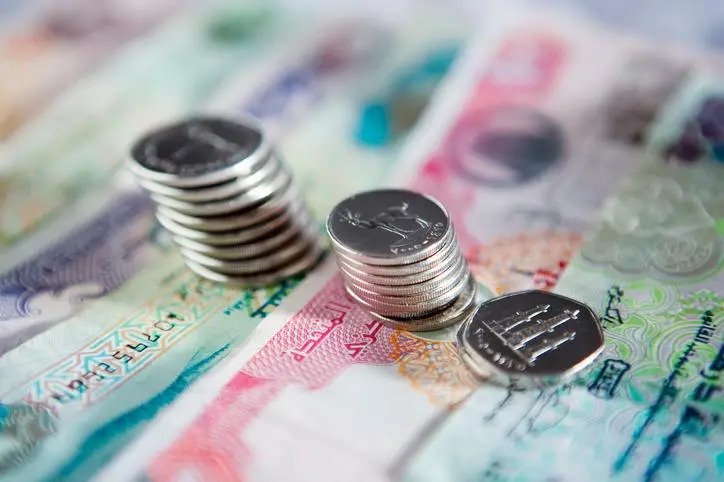PHOTO
Fiscal stimulus and policy will play a crucial role in the MENA region's upturn in the wake of the COVID-19 pandemic and the oil price plunge in the first half of 2020, experts say.
Banking giant MUFG's forecasts indicate that, by the end of 2021, the region will have a level of activity that is well below its pre-pandemic growth trajectory. In many cases, it will record activity below its 2019 level. In addition, deep recessions are expected in 2020 across almost all MENA regional economies.
The overall real GDP growth in MENA region is expected to contract in 2020 by -5.6 percent from +0.2 percent in 2019. In the GCC, the real GDP growth is expected to fall by -3.9 percent in 2020 from +0.6 percent in 2019.
According to Ehsan Khoman, Head of MENA Research and Strategy at MUFG, fiscal stimulus will keep playing a significant role in the recovery. "Policymakers in the Middle East and North Africa are well aware that they will have to do more,” he said.
“In a region where unemployment and debt are expected to be materially higher over the next two years, fiscal policy for the labour market will need to become more flexible and targeted towards lower-income households which have borne the brunt of the job losses. It should also be geared towards reskilling workers who will have to seek new jobs to replace the ones that will disappear”, he explained, adding that “higher infrastructure spending will also likely form a major part of the fiscal support in the medium-term.”
The initial policy response across the region was led by Central Banks, focusing on liquidity in the financial system alongside direct corporate support, minimising the economic fallout. To facilitate financing, the UAE launched a $70 billion Targeted Economic Support Scheme (TESS), which paired with the $26 billion stimulus provided by the Saudi Arabian Monetary Authority (SAMA).
These initiatives led to a sharp rise in lending growth, suggesting that the authorities' efforts to offset the economic fallout of the virus shocks are bearing fruit.
According to Egypt's Finance Minister Mohamed Maait, nearly EGP 61 ($3.8 billion) of the EGP 100 billion ($6.25 billion) stimulus announced in March has already been allocated.
Until the pandemic is contained globally, there are certain sectors of the economy that will be slow to recover, such as travel and tourism.
"Aviation and tourism have been hardest hit, particularly in Dubai, and recovery will take time," Global Ratings agency S&P said in a recent report.
However, as the domestic economies normalise, growth should gradually recover, bolstered by a pick-up in oil output as OPEC+ production restrictions ease, MUFG noted.
"Our confidence in these economies’ capacity to weather the losses has strengthened recently. Demand has recovered and the oil market management strategy by OPEC+ was successful in supporting oil prices, leading to recording the best quarter since 1990 in Q2 2020 (US WTI crude). The price rebound has been striking and the market has carved out a cyclical bottom in prices," Khoman said.
(Reporting by Seban Scaria; editing by Daniel Luiz)
#Finance #Stimulus #MENA #UAE #Saudi #Economy
Disclaimer: This article is provided for informational purposes only. The content does not provide tax, legal or investment advice or opinion regarding the suitability, value or profitability of any particular security, portfolio or investment strategy. Read our full disclaimer policy here.
© ZAWYA 2020





















